
Hamas: We should follow in Saladin’s footsteps to liberate Jerusalem from zionist occupation
Khaled Mishal, Hamas leader, spoke at the 3rd International Saladin Ayyubi Symposium that was held by Saladin Ayyubi Institute.
Many scholars, political leaders, and academicians across Islamic World participated in the symposium that was held via video conference this year due to the ongoing coronavirus pandemic.
In their presentations at the symposium, the participants especially drew attention to Saladin’s comprehensive preparations ahead of Jerusalem’s conquest.
Khaled Mishal, head of Hamas office in the diaspora leader, has also attended the symposium and made a presentation.
The full text of Mishal’s presentation is as follows:
Praise be to Allah, Lord of the Worlds. Prayers and peace be upon our Prophet, Muhammad, who is the last of divine prophets, his family, and all of his companions.
I salute all my brothers participating in this symposium that aims to remind us of the life of Saladin Ayyubi, who won the Battle of Hattin and drove the crusaders out of the Damascus region as well Palestine.
May Allah be pleased with HÜDA PAR chairman Zekeriya Yapıcıoğlu, Muhammed Eşin, my dear brother Suat Yaşasın and the officials of Saladin Ayyubi Institute who have organized the symposium.
“We will follow in the footsteps of Saladin Ayyubi”
The fact that the 3rd International Saladin Ayyubi is being held at a time when Jerusalem and the Blessed Masjid al-Aqsa are under dire threat, and when there are severe conditions and dangers around these sacred places, makes it even more valuable.
It is further important that the symposium is being held after the victory of Sword of Jerusalem, which was gained under the leadership of Izz ad-Din al-Qassam Brigades (the military wing of Palestinian Resistance) by male and female Mourabitoun (the self-assigned defenders of Al Aqsa Mosque), the residents of Babul Amud and Shiekh Jarrah neighborhoods in the sake of our people, our homeland as well as our sacred values. By Allah's leave, we will continue our efforts to Save Jerusalem, taking into account the successful experiences and life of Saladin. Hopefully, this symposium will help us implement our plans for the liberation of Jerusalem and accelerate our projects for freedom, liberation, and repatriation.
“We will liberate Jerusalem from occupation as we entered and liberated there in the past”
As you know, Jerusalem is under occupation for 89 years. By Allah's leave, it won’t take long to liberate Al Aqsa Mosque. We will rise against the occupation, and liberate Jerusalem as we entered and liberated it in the past.
Now, it is not the time to speak about our memories but to derive lessons from them. “In their stories, there is truly a lesson for people of reason.”
What lessons can we derive from Saladin’s experiences while struggling to liberate Al Aqsa Mosque and Jerusalem from the occupation? The experiences of Saladin Ayyubi are inspirational ones that we can derive many lessons from them.
“The way to the liberation of Al Aqsa Mosque is through jihad and resistance”
First lesson: Jihad and resistance are the real ways to liberate our homeland and sacred places, especially when the places that should be liberated are Palestine and Jerusalem, the pearl of our sacred values. Saladin conquered Jerusalem through jihad and resistance not just with wishes. Umar ibn al-Khaṭṭāb had done the same when he captured Jerusalem. They conquered there with the armies fighting in the way of Allah.
There are some requirements for jihad and resistance. They are:
Firstly, we have to gather our strength. Saladin was able to bring Muslims from across Islamic World together and mobilize them. He constantly sent his envoys to all parts of the Islamic world until he formed a large force. Then he mobilized all his assets, especially money, weapons and the property of the state for this end. If the Ummah wants to take back Jerusalem, it must allocate its money, assets, and weapons to this purpose. Saladin prepared his army for the coming battle. The armies need spiritual things as much as weapons. Then armies need to be encouraged and mobilized with their weapons, equipment, and facilities. Encouraging the Muslims and preparing the warriors spiritually, religiously, and religiously is the first lesson to be learned from Saladin. Today, by Allah's leave, the mujahideen in Palestine are walking on this road. However, we need all Muslims to be with us and be partners in our victory and salvation.
Second lesson: The Muslims should unite to fight the big war. There are great potentials among Muslims. But there should be a common cause to bring together and mobilize them. There is no other bigger cause that can mobilize Muslims than the cause of Jerusalem and Al Aqsa Mosque which confront Zionist entity hatching plans threatening Ummah. Saladin achieved this during that sensitive time. In the time of Saladin, the ummah was divided into small states. The geography of the Ummah was divided among the rulers. When Saladin came, he united the Ummah. He brought together the two wings of the ummah at that time, Egypt, Damascus, and Iraq, where the caliphate was located.
“The shattered Ummah cannot win any victory”
Yes, that was the way to unify Ummah. The shattered Ummah cannot win any victory. If Ummah is united, it can gain victory and scare the enemy. Fragmentation, conflict, and separation weaken us. It causes our enemies to crush us. Ensuring Islamic unity requires great effort and patience. Saladin did it this way. The movements that are fighting against the zionists today have to know the requirements of political geography and the balance of power, as well as the ways that increase our strength and weaken our enemy. In addition, normalization or other relations with the Zionist regime should not be allowed.
Third lesson: Spiritual, intellectual, and organizational revival and improvement should be ensured. The jihad can be carried out only by those who are ready to fight and have high spiritual energy. The energetic Ummah is the one that has an unshaken intellectual, political, religious, and organizational establishment. Then you can take arms and defeat your enemy. Allah the Almighty confirms this fact when He says: “Surely Allah has purchased of the believers their lives and their belongings and in return has promised that they shall have Paradise”. Allah the Almighty also adds: “Those who repent, worship, praise, live like travelers in the world, bow down, prostrate, encourage good and forbid evil, observe Allah's limits; give good news to those believers”.
Mujahideen were trained in Madrasahs
This is how the leaders of the conquest, led by Saladin, worked to retake Jerusalem and Masjid al-Aqsa. Their conquests are the result of many years of revival efforts. The revival studies started in Baghdad and spread with the roles played by Imam Ghazali in the revival of religious sciences, and later by Nizam-ül Mulk’s Nizamiye madrasah. These madrasas, which provided spiritual, scientific, and organizational education, trained mujahideen. Then the scholars trained themselves. The scholars who stood in the assembly of Kadi Fadil and Saladin and stood next to the leaders before him were educated in these madrasas. These madrasas and the scientific, spiritual, and intellectual resurrection brought this ummah to itself, and thus they became able to stand up to their enemies and reclaim their lands and holy places. Saladin was also educated in these revival madrasas. Then he supported them. He was loyal to them. He took the scholars from there with him. This is the path to victory and liberation.
"Salahaddin was a commander who complemented what his predecessors did"
Fourth lesson; The conquest of Jerusalem was the accumulation and collection of historical roles. Saladin did not ignore the works of his predecessors since the time of Imadeddin Zengi and his son, Martyr Nureddin Mahmud. Saladin was a commander who complemented what his predecessors had done. He would gather their efforts and concentrate on them. Everyone benefits from their predecessors. They take previous experiences and evaluate them. They add what they should add, subtract what they should subtract, so they don’t start from scratch.
The stage we have reached in Palestine today, with all its beauties, is the result of the work of those before us. The best proof of this, even if it is symbolic, is our victorious brigade in Palestine Izz ad-Din al-Qassam is an extension of the period a century ago. From the call of Izz ad-Din al-Qassam in the twenties of the last century to the date when he was martyred in the Ya’bed mountains near Jenin in 1935, we repeat history and accumulate experiences as a continuation of time. We are a compassionate/emotional nation. Each of us reserves the rights of those before us, we respect them, we pray, and we build our work on their experiences. Thus, Allah blesses what our ummah does.
Fifth lesson; the role of the commander. The role of commanders and leaders is a big one. There is no war without a leader, no projects without a leader. The Ummah needs leaders and commanders today. Saladin -May Allah have mercy on him- had a great vision. Just as we think and aim to liberate Jerusalem and Masjid al-Aqsa and defeat the Zionists today, he set a great goal to take Jerusalem and Masjid al-Aqsa and defeat the Crusaders. The commander is the one who can make decisions in difficult situations. Commanders who set an example for their brothers are sincere ones. He is the one who can encourage the ummah, mobilize it and be at the forefront of the ranks. Commanders are those who can lead the war in all its aspects and complexity, as Khalid bin Walid, Sad bin Abi Wakas, and Abu Ubayda did before.
"Salahaddin was leading the war brilliantly"
The struggle is not easy. It is essential to pray to Allah, to believe in him, and to believe that he will lead to victory. However, details are needed on how to manage, how to mobilize, how to plan, how to maneuver, how to have intelligence and information. Saladin was a genius at this. He penetrated his enemies and gathered information from them. He was aware of the transformations in Europe and the conflict between European kings. He was working to disperse the enemy’s front. Saladin led the war brilliantly. He knew very well when to advance when to retreat when to attack when to defend when to compromise when to make deals, and how to use politics for his grand goals. We can achieve our great goals without compromising our principles, commitments, and rights.
Jihad and resistance have a great goal. Its political goal is to liberate and return to the lands. How Saladin used his genius is the crux of the matter. Historians say that he has a talent for winning the hearts of those around him. He was able to attract the statesmen around him. He did not dominate those around him with fear. He manages them with kindness. He humbly won them over and gave them their due. Historians have said that it was his genius that God made him successful, his simplicity in being close to people and that God rewarded him with kindness.
There were also strong men around him. There is no leader without strong men around him. According to historians, Ibn Shadad, Isfahani, and Qadi Fadil were with him. As Saladin himself said, he conquered Jerusalem not with his sword, but with the knowledge of Qadi Fadil. This is a statement that shows Saladin's loyalty and also expresses his deep thought and humility.
The sixth and final lesson is the value dimension and supreme morality of Saladin's personality. This is a lesson about a Muslim's behavior, personality, morals, and conception of civilization, even in the midst of war. This is the will of the Messenger of Allah, Abu Bakr, Omar, Muslim armies, and conqueror commanders. We are an ummah with moral values and values. Our war with the enemies does not take us out of our principles, values, and humanity. We do not go to extremes in our dealings with the weak, trees, stones, or even wounded enemies.
"Selahaddin's strength was his patience and genius in management"
This is how Saladin behaved. He appeared with two great traits that he was accepted by his enemies before his distant and close friends. Saladin's strength; his patience and genius in management. Again, when the Crusaders took Jerusalem, Masjid al-Aqsa, and the old cities, even though they shed the blood of 70,000 martyrs, he was merciful even to their enemies. There is a big difference between the conquerors and the destroyers. For this reason, we adhere to our values, principles, morals, and humanity and win with them.
Saladin's will
I would like to conclude my speech with Saladin's testament, which points to his personality. When he was on his deathbed in 1192, he bequeathed the following to his son Zahir, who was close to him. He commanded taqwa because taqwa is the beginning of all good. He warned him against shedding blood because blood never sleeps. He commanded him to treat his subjects and state elders well and to guard their hearts, for he cannot be forgiven without their consent. Then she said to him, It is because of my good manners that I have reached such a strong and high level. Do not hold a grudge against anyone, thinking that we are all mortal. Protect everyone's rights. He then concluded his will with the words "Beware of what is between you and people. Because without their consent, you will not be forgiven in the presence of Allah. However, whatever is between you and Allah, Allah will forgive you with your repentance. Because he is generous.”
These are the examples and lessons we have learned from the life of Saladin. We warn ourselves with it. We water our hearts and minds with it. We make our actions, plans, and measures on earth by taking advantage of them. By Allah's leave, Allah will give today's generation the victory He gave to our predecessors. Today's generation will achieve victory and salvation under their guidance. I hope we will all join this walk of theirs.
May Allah's blessings, peace, and mercy be upon you.
Kaynak:![]()


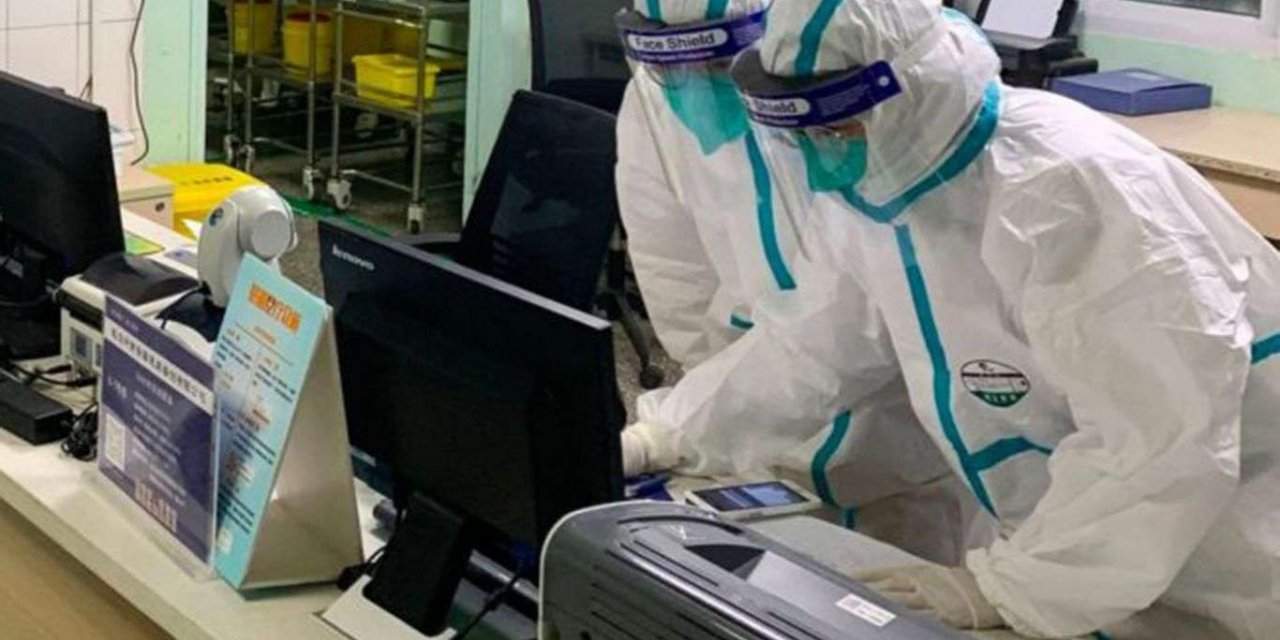
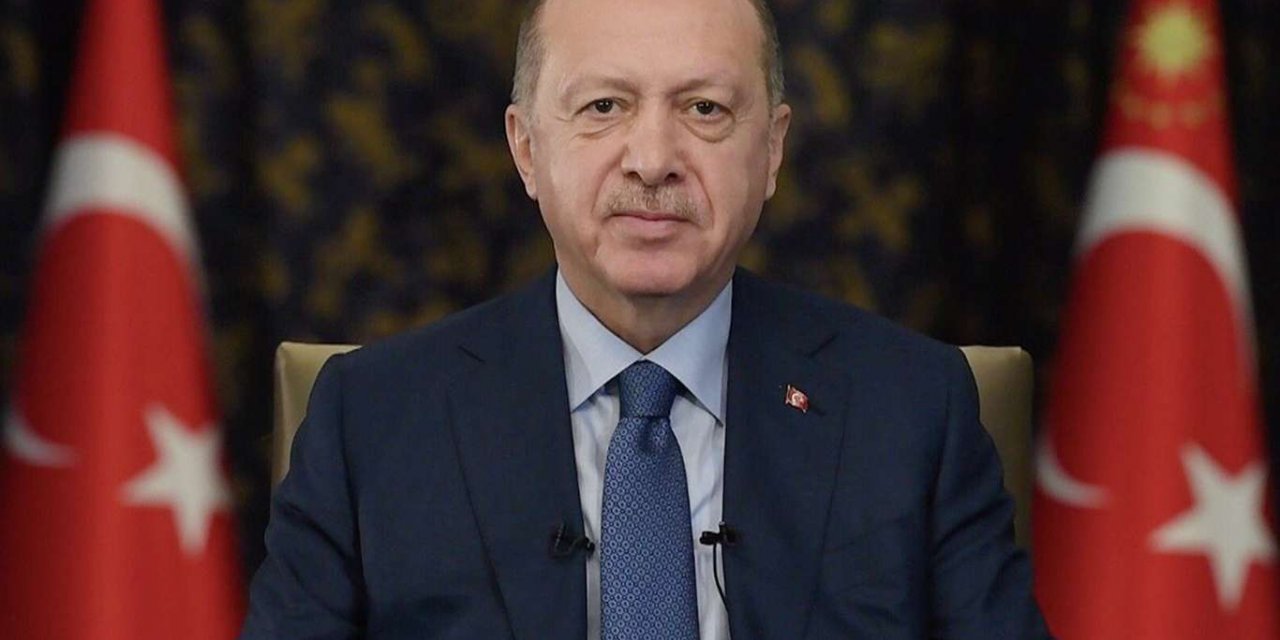


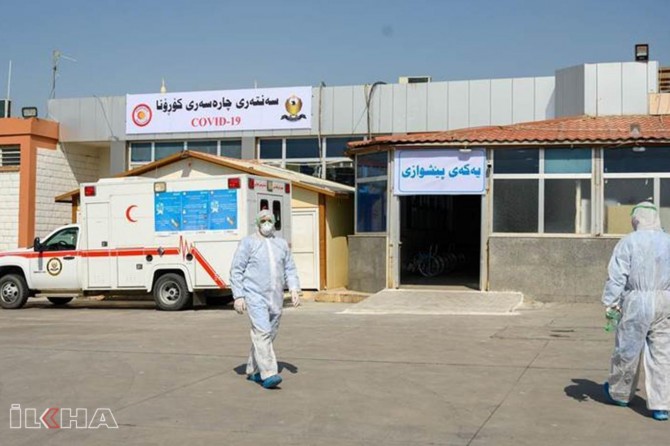
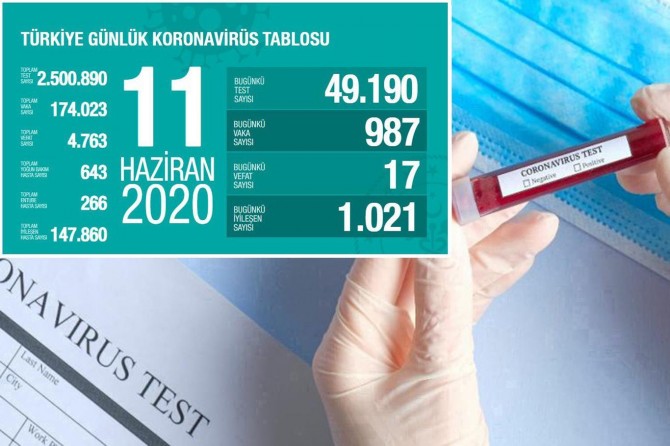
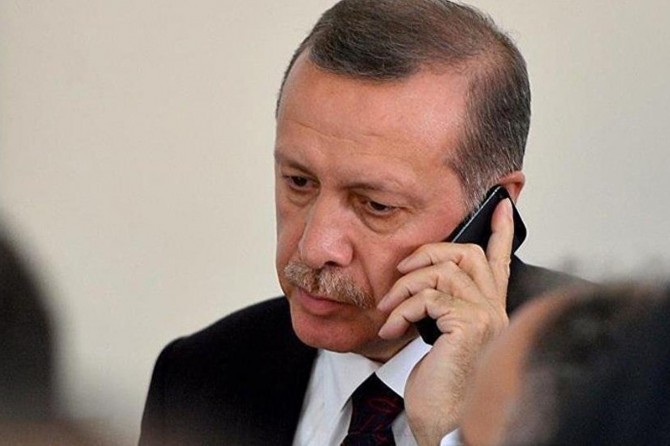
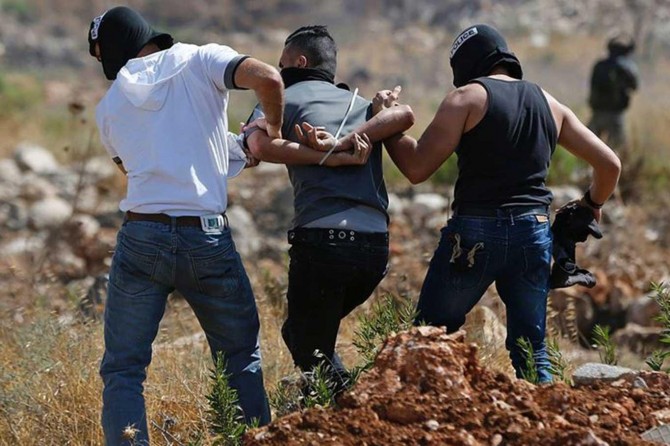
Türkçe karakter kullanılmayan ve büyük harflerle yazılmış yorumlar onaylanmamaktadır.